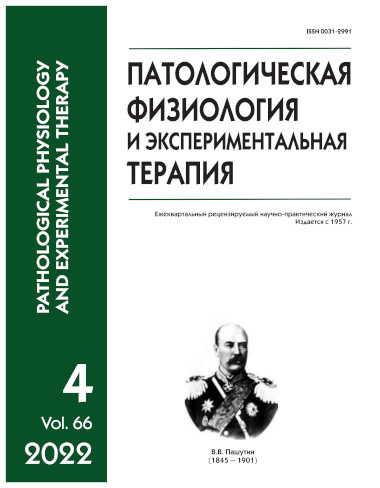Prognostic significance of the elemental composition of hair for assessing the risk of postoperative wound complications
Abstract
Introduction. Decreased concentrations of micro- and macroelements are one of the factors for delayed postoperative wound healing since this factor prevents fibroblast proliferation, collagen synthesis, and epithelization. The aim of this study was to evaluate the prognostic significance of the elemental composition of hair to assess the risk of complicated and delayed postoperative wound healing. Methods. The study included 49 overweight women aged 30-60 years (46.98±7.10 years) who underwent elective surgical interventions for aesthetic indications aimed at correcting body contours in the department of burns and plastic surgery of the Nikiforov Russian Center of Emergency and Radiation Medicine, EMERCOM of Russia. Spectral analysis of hair for micro- and macroelements was performed for all patients. Results. In patients with delayed and complicated wound healing, significant shifts in the elemental composition of hair were revealed. Reduced levels of lithium (Li <0.04), germanium (Ge <0.07), boron (B <1.11), and iodine (I <0.06) with levels of absolute risk over 58.1% showed a high prognostic significance with respect of the risk for delayed healing and development of persistent wounds. Conclusion. Patients scheduled for a surgical intervention need thorough monitoring of the content of macro- and microelements for identification of their deficiency and timely correction of the therapeutic tactics, which will reduce the risk of an unfavorable course of the wound process. An affordable and non-invasive method for studying the elemental composition of the body is the spectral analysis of hair.






